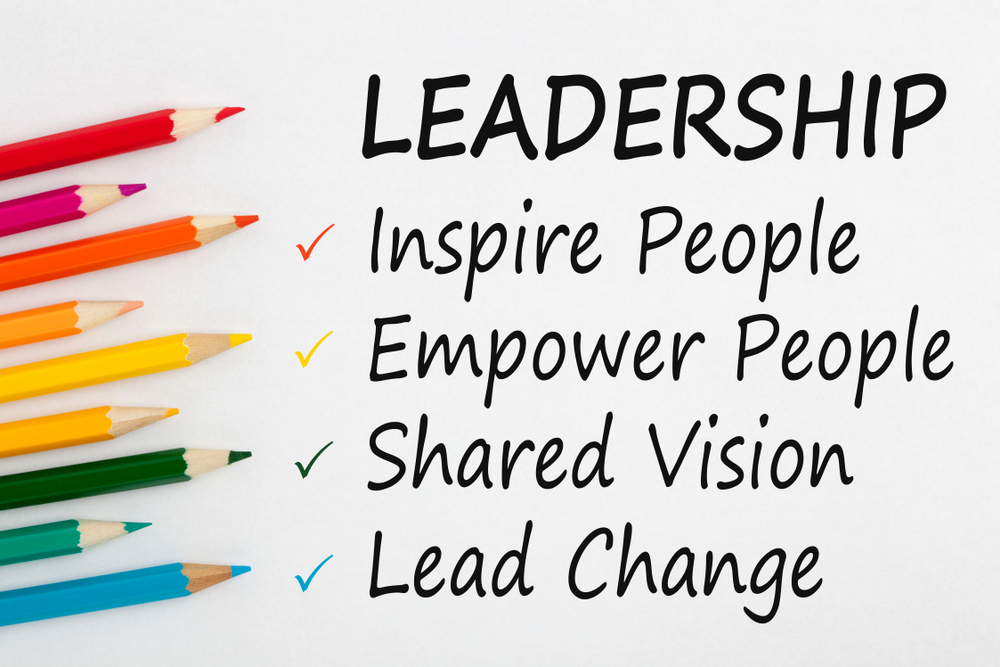How Managers Improve Team Performance Through Leadership Learning

As a manager, or aspiring manager, what can you do you each and every day to improve team performance?
Well, remember that truly effective leaders always have absolute clarity in terms of their own role and objectives. This in turn helps them to achieve the following:
1. Increased levels of engagement and motivation within the team so that the work is more meaningful to them. This leads to increased staff retention, better organisational culture and greater levels of innovation.
2. Improved levels of autonomy and self-sufficiency within the team so that they are less reliant on you. This will provide you with more time to work ‘on the system’ as opposed to ‘in the system’.
3. Developed capability and capacity of team members so that they are more productive. When achieved, this will lead to improved levels of quality, Service User satisfaction and growth.
So how might you achieve this?
Well, completing one of the Open Training College modules is a must, but in the meantime, try to adopt the following:
- Consider being less directive offering instruction and advice. Instead ask more powerful questions of both your team and also the individuals within it.
Fine you might say, but what does this actually look like in practice?
- To begin with, create learning moments with these three simple examples:
1. Each day you have multiple one to one interactions with staff. At the end of such conversations ask the other person ‘what is the learning here for you’? Alternatively, you could ask them ‘what was most valuable learning for you this week’?
2. Similarly, at the end of group work or team meetings again ask the team/group ‘what is the most valuable point that you will take from this meeting’? Alternatively, you could ask them ‘if we were to have this meeting again, what could we do differently to make ourselves more effective?
3. Finally, share with individuals, groups and teams what you have learned and what was most valuable for you. This sharing of learning is immensely powerful at both an individual and collective level.
Remaining reflective in our practice, as well as asking good questions of ourselves and our teams, creates the opportunity for us to improve our leadership performance.
Joe McDonald has thirty years' experience working in various leadership positions at a local, regional and national level.
He is an Associate Tutor with the OTC and is passionate about enhancing the quality of lives of those that use supports and in developing vibrant, innovative human service organisations.

Interested in some upskilling in the area of Leadership?
The Open Training College module Management, Professional Development & Ethics focuses on a variety of essential topics so that students learn the necessary leadership skills to improve their own and their team’s performance. For example, some of these topics include the 10 roles of Management (unit 3); effective leadership communication (unit 4) and effective negotiation skills (unit 5). Learning topics such as these assist students in developing their own unique leadership capability, both quickly and effectively.
Find out more about the Certificate in Applied Management (Human Services)
